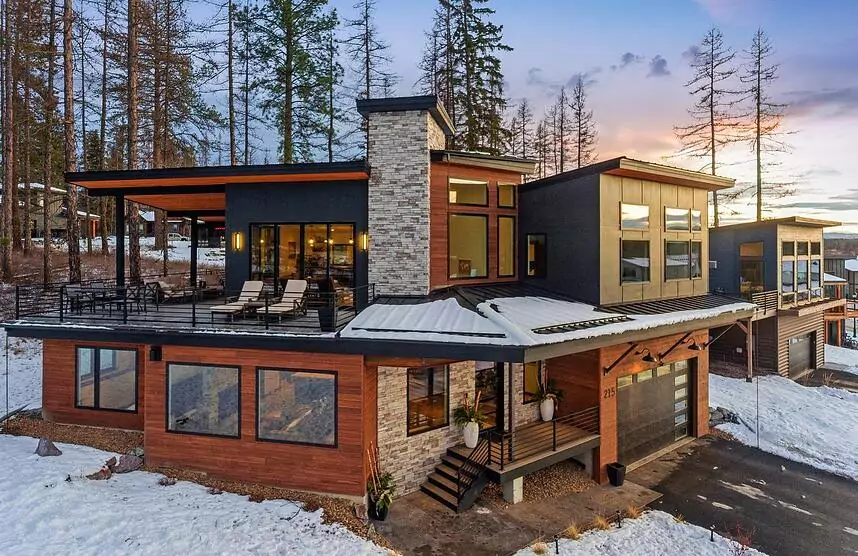
Related Posts
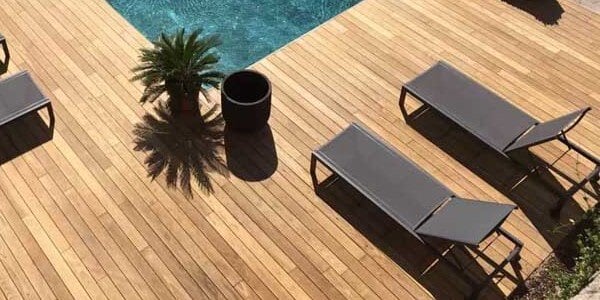


Would you be interested in wood siding that’s been given superpowers? Right now, many home builders and designers are looking for readily available, budget friendly wood siding materials that rival Western Red Cedar and Redwood in color and beauty.
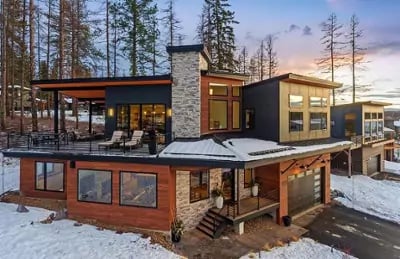 Thermally modified lumber as siding material looks fantastic on this lodge style home.
Thermally modified lumber as siding material looks fantastic on this lodge style home.
If this sounds like you, thermally modified wood can meet design needs, inventory needs, and budget. Check out these comparisons, pictures, and resources that can help you decide.
You are probably familiar with popular types of softwood siding material like Redwood and Western Red Cedar. Architects and home designers specify these wood sidings in their design for their how attractive they are.
But - they come with higher prices and are not always available when you need them.
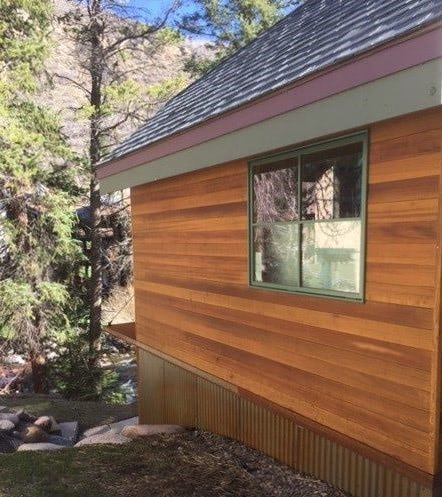 Thermally Modified Hemlock siding shown with horizontal rainscreen installation
Thermally Modified Hemlock siding shown with horizontal rainscreen installation
Not all heroes wear capes. There is another amazing wood siding option: Thermally Modified American Ash or Hemlock wood. These siding materials can easily meet (and exceed!) your cedar or redwood project criteria in looks, style, and budget. Plus, several other benefits that may surprise you!
If this article caught your eye,
get even more information on wood siding in our free download here.
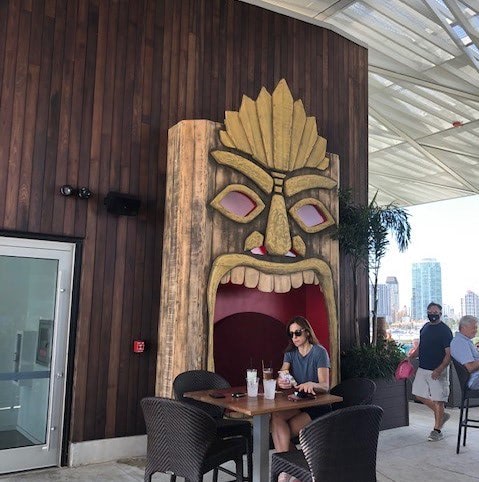 A public area showcases the thermally modified wood siding used in a commercial application
A public area showcases the thermally modified wood siding used in a commercial application
Thermal modification is a scientific process that kind of “superpowers” the wood at the cellular level and make it a better and stronger exterior material than the original. (No radioactive spiders required!)
The result is high performing wood siding material frequently chosen for commercial and residential projects. Especially when it is important to stay on budget without compromisng strength.
RELATED: Learn More about Thermally Modified Wood Siding Materials
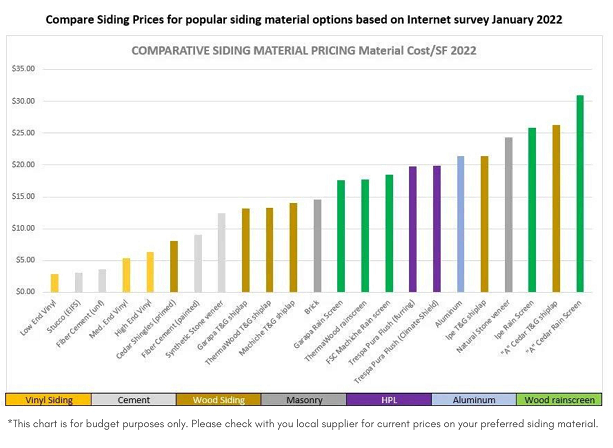 Recent price increases made Thermally Modified Wood a frequently chosen wood siding option.
Recent price increases made Thermally Modified Wood a frequently chosen wood siding option.
Free download: The Ultimate Guide to Selecting The Right Rainscreen Siding, click here.
With great modification comes great responsibility. The thermal process significantly increases the durability and decay resistance of Ash and Hemlock. Why is this important for your project? Thermally modified Ash and Hemlock:
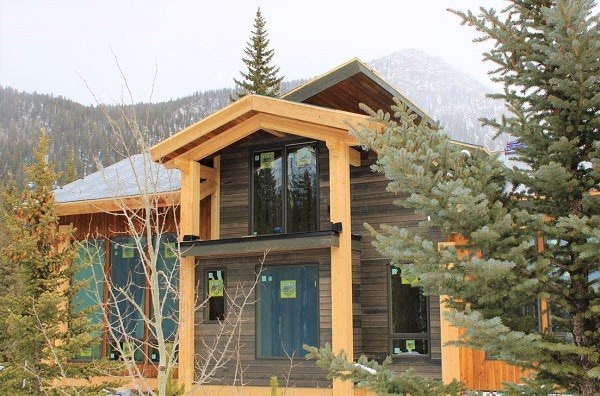 Thermally modified wood siding has low maintenance needs and can stand up to all weather types of weather
Thermally modified wood siding has low maintenance needs and can stand up to all weather types of weather
RELATED: What Is Thermally Modified Wood Siding?
RELATED: 4 Things You Should Know About Thermally Modified Wood Siding
RELATED: "How Do Exterior Woods Weather?"
SEE: COMPARE KILN DRIED HEMLOCK TO THERMALLY MODIFIED HEMLOCK SIDING
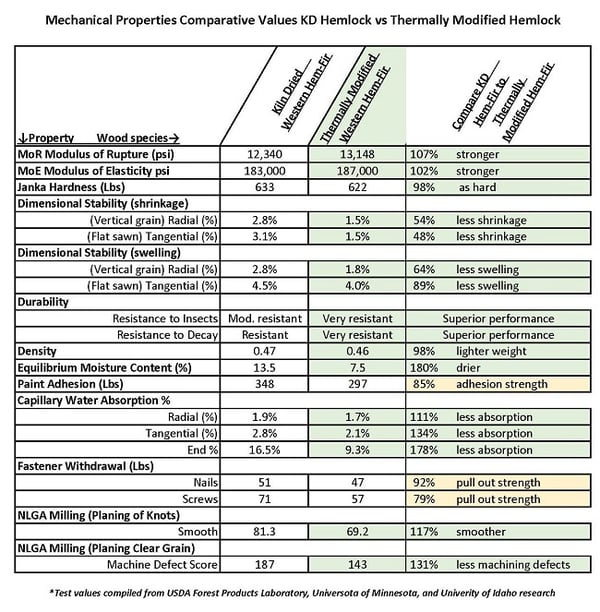
DOWNLOAD THIS COMPARISON CHART HERE
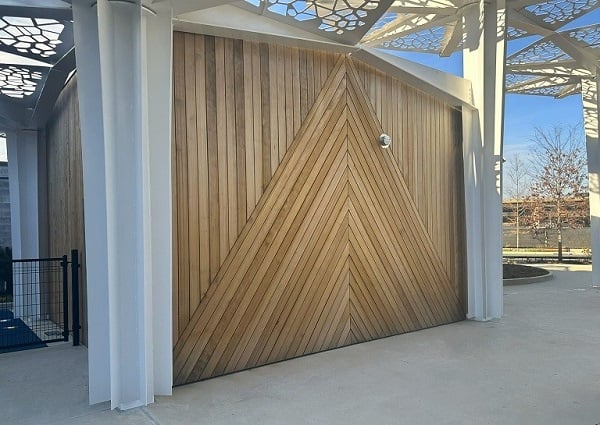
ThermaWood Hem Fir siding chosen for this custom wood rainscreen system installation.
RELATED: Compare Western Red Cedar Siding to Therma Wood Hem-Fir Siding
ThermaWood Hem-Fir Wood Siding Material:
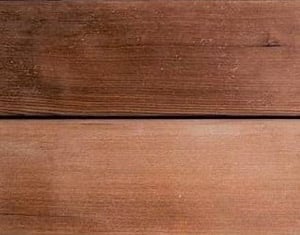 Close up example photo of Therma Wood Hem Fir Siding colors and grain pattern
Close up example photo of Therma Wood Hem Fir Siding colors and grain pattern
RELATED: Learn more about Fire Resistant ThermaWood Siding
RELATED: Request a Free ThermaWood Rainscreen Siding Sample
The free Ultimate Guide to Rainscreen Wood Siding can answer your questions
about siding materials and rainscreen installation.
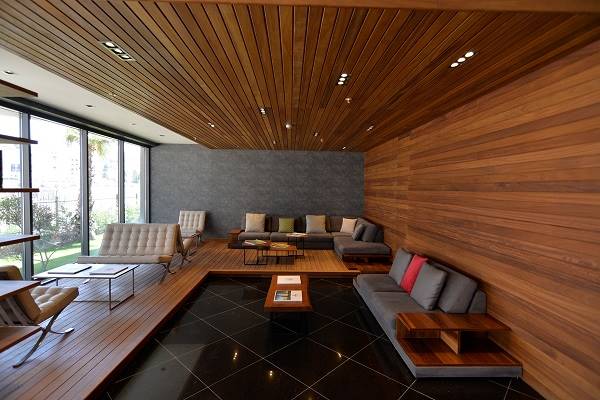
Thermowood exterior wood siding material was essential to designing this stunning four season room with outdoor exposure, including the ceiling and decking.
RELATED: See the Thermowood Siding Project Photo Gallery
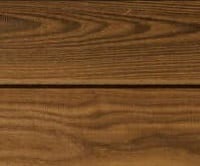 Close up example photo of Thermowood Ash Wood Siding colors and grain pattern
Close up example photo of Thermowood Ash Wood Siding colors and grain pattern
RELATED: Request a Thermowood Rainscreen Siding Sample
Have these resources given you a new option to consider? We hope so. If we can help answer any questions or offer a price quote, contact our team. We are happy to help.
Grab your free copy of the Ultimate Guide to Wood Rainscreen Siding before you go.


